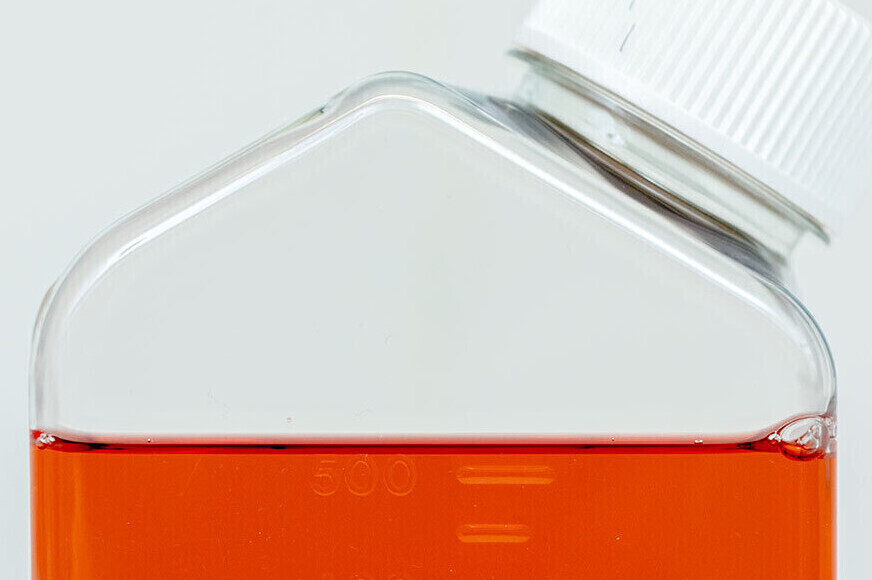Type-2 Diabetes
IAPP Amyloid
In patients with type-2 diabetes insulin producing beta cells in the pancreas degenerate over the disease process, thereby gradually losing their ability to produce insulin. Two areas of pharmacological interventions in type 2 diabetes are focusing on either the stimulation of pancreatic beta cells’ ability to make and secrete insulin, or the replacement of insulin by daily injections.
Quote
« In type 2 diabetes, Neurimmune's scientists view IAPP amyloid in pancreatic beta-cells as a validated target for the development of drug candidates designed to neutralize its toxic functions.»
Neurimmune’s approach to develop a treatment for type-2 diabetes is linked to the deposition of IAPP amyloid around pancreatic beta cells. Neurimmune’s scientists work on the hypothesis that pancreatic IAPP amyloid can damage the cells, thereby reducing their ability to make and secrete insulin, and ultimately leading to beta cell death. Neurimmune’s antibody NI203 targets pathologic IAPP aggregates and neutralizes their toxicity. In preclinical models of type-2 diabetes NI203 supported normal beta cell functions resulting in re-stored insulin secretion and reduction of the type-2 diabetes symptoms.


